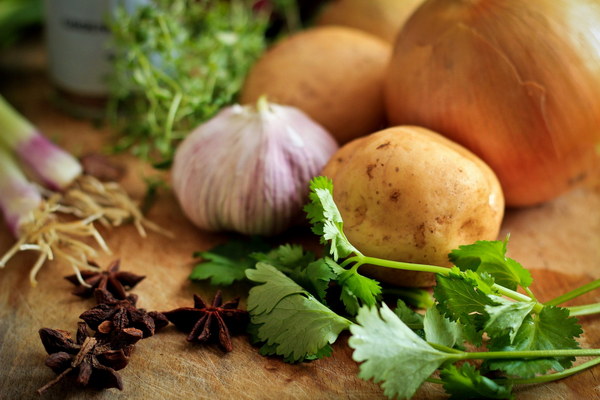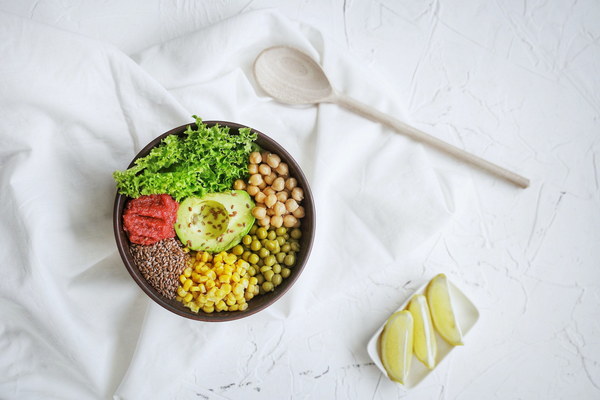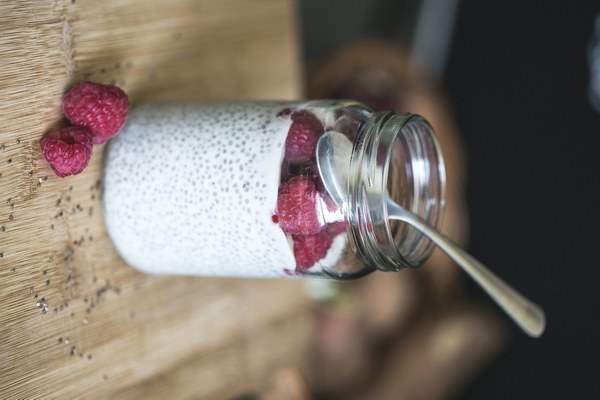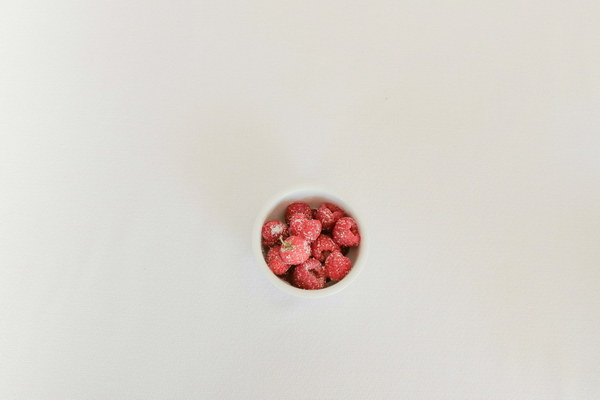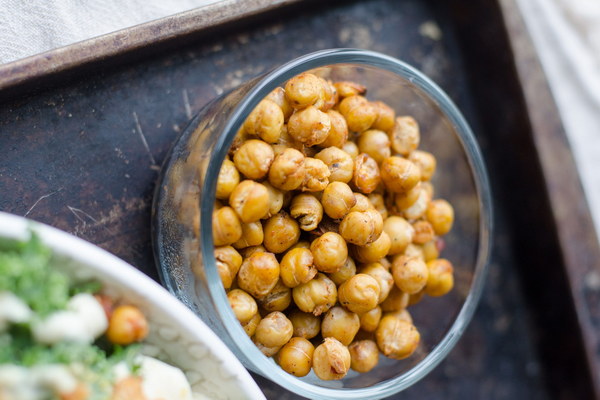Rejuvenate Your Body with Nourishing Blood and Low-Fat Recipes for Your Period
Introduction:
The menstrual cycle is a natural process that requires the body to undergo various changes. While it is a normal and essential part of a woman's life, it can also lead to fatigue, mood swings, and a drop in energy levels. During this time, it is crucial to nourish your body with the right nutrients to help combat these symptoms. In this article, we will explore how to replenish your blood and energy levels with a low-fat diet rich in essential nutrients, specifically designed to support your body during your period.
1. Understanding the Importance of Blood and Energy During Your Period
During the menstrual cycle, the body goes through hormonal fluctuations that can deplete blood and energy levels. To counteract these changes, it is essential to consume a diet rich in iron, vitamin B12, folic acid, and other vital nutrients that help support healthy blood and energy levels.
1.1 Iron: Iron is crucial for the production of hemoglobin, a protein that carries oxygen in red blood cells. During your period, you may experience increased blood loss, leading to iron deficiency. Consuming iron-rich foods can help replenish your iron stores and reduce symptoms of fatigue.
1.2 Vitamin B12: Vitamin B12 is essential for the formation of red blood cells and the maintenance of the nervous system. Including B12-rich foods in your diet can help support your energy levels and overall well-being during your period.
1.3 Folic Acid: Folic acid plays a significant role in red blood cell production and DNA synthesis. Including folic acid in your diet can help prevent anemia and support your overall energy levels.
2. Low-Fat Recipes to Replenish Blood and Energy

Here are some delicious, low-fat recipes that are perfect for replenishing your blood and energy levels during your period:
2.1 Iron-Rich Spinach and Feta Stuffed Chicken Breast
Ingredients:
- 2 chicken breasts
- 1 cup fresh spinach
- 1/4 cup feta cheese
- 1 tablespoon olive oil
- Salt and pepper to taste
Instructions:
- Preheat the oven to 375°F (190°C).
- Season the chicken breasts with salt and pepper.
- In a skillet, heat olive oil over medium heat and sauté the spinach until wilted.
- Mix the wilted spinach with feta cheese and spoon the mixture onto the chicken breasts.
- Place the chicken breasts in a baking dish and bake for 25-30 minutes or until the chicken is fully cooked.
- Serve with a side of steamed vegetables for a nutritious and low-fat meal.
2.2 B12-Rich Tofu and Vegetable Stir-Fry
Ingredients:
- 1 block of firm tofu
- 1 cup broccoli florets
- 1 cup bell peppers, sliced
- 1 cup snap peas
- 2 tablespoons soy sauce
- 1 tablespoon sesame oil
- 1 garlic clove, minced
- Salt and pepper to taste
Instructions:
- Cut the tofu into cubes and press to remove excess moisture.
- In a large skillet, heat sesame oil over medium heat and sauté the garlic until fragrant.
- Add the tofu, broccoli, bell peppers, and snap peas to the skillet and stir-fry for 5-7 minutes.
- Pour soy sauce over the vegetables and tofu, and stir to coat evenly.
- Season with salt and pepper, and serve immediately.
2.3 Folic Acid-Rich Quinoa Salad
Ingredients:
- 1 cup quinoa
- 1 can chickpeas, drained and rinsed
- 1 cup cherry tomatoes, halved
- 1/2 red bell pepper, diced
- 1/4 cup red onion, finely chopped
- 1/4 cup fresh parsley, chopped
- 2 tablespoons olive oil
- 1 tablespoon lemon juice
- Salt and pepper to taste
Instructions:
- Rinse the quinoa under cold water and cook according to package instructions.
- In a large bowl, combine the cooked quinoa, chickpeas, cherry tomatoes, red bell pepper, red onion, and parsley.
- In a small bowl, whisk together olive oil, lemon juice, salt, and pepper.
- Pour the dressing over the salad and toss to coat.
- Serve the salad chilled or at room temperature.
Conclusion:
Maintaining a balanced diet rich in essential nutrients is crucial during your period to support your body's needs. By incorporating low-fat recipes that are rich in iron, vitamin B12, and folic acid, you can help replenish your blood and energy levels, making it easier to manage the symptoms associated with your menstrual cycle. Remember, it's essential to listen to your body and adjust your diet accordingly to ensure you are getting the necessary nutrients for optimal health and well-being.

